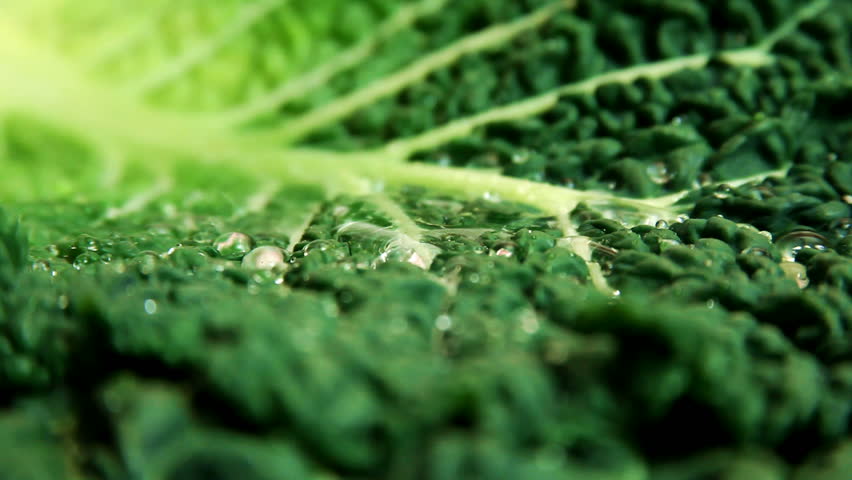Kale Benefits
Kale has recently become one of the most talked about superfoods on the planet. Due to the additional attention the plant has received, it is becoming more widely available. So what makes this vegetable so great? It is nutrient dense, but also very easy to incorporate into your diet. Kale benefits not only as a great add-in to your smoothie or green salad, it makes a great side-dish all by itself when sauteed with a little butter and fresh garlic cloves.
Nutrients
Vitamin A
Kale gives your body a bunch of vitamin A, because it is rich in beta-carotene. This nutrient has multiple functions in your body, with the positive effects ranging from boosting your immune system to maintaining the health of your eyes. One cup of raw kale gives you 206% of your recommended daily value of vitamin A.
Vitamin K
This often looked-over vitamin plays a key role in blood coagulation and clotting. It also plays a key role in producing bone cells and tissues. Having a deficiency of vitamin K can cause your bones to become weak, which could possibly lead to osteoporosis. One cup of Kale gives your body over 600% of your daily recommended intake of Vitamin K, making this a superfood for those needing help with their bone density.
Vitamin C
Vitamin C is a well-known immune system booster, but having too little of it is actually the cause of a more serious illness called scurvy. Because of this, maintaining your levels of Vitamin C is very important to your mental and physical health. If you don’t like the taste of citrus fruits and prefer a greener alternative to getting your daily intake of vitamin C, kale might be the best solution. It provides you with 130% of your daily nutritional need for Vitamin C with just a cup of the raw stuff.
Other Nutrients
All of the following nutrients can also be found in kale, though in smaller amounts(25% of your daily value or less):
- Vitamin B1, B2, B3, B6
- Manganese
- Magnesium
- Calcium
- Copper
- Potassium
- Magnesium
Antioxidants
As with other leafy greens, kale is rich in antioxidants. These are naturally-occurring compounds that inhibit oxidation: the natural aging process of the body.
Quercetin
Quercetin is occasionally used as a medicine to solve a variety of issues. These include heart and vessel issues, hypertension, prostate infections, preventing upper respiratory infections, and allergies. Additionally, some athletes swear by its ability to improve their endurance and athletic performance.
Kaempferol
This chemical is an antioxidant found in many plants and plant-derived foods. Due to a series of successful tests, the substance is currently under consideration as a cancer treatment medication. Even in low concentrations, research on the chemical has been shown to have significant antioxidant effects.








